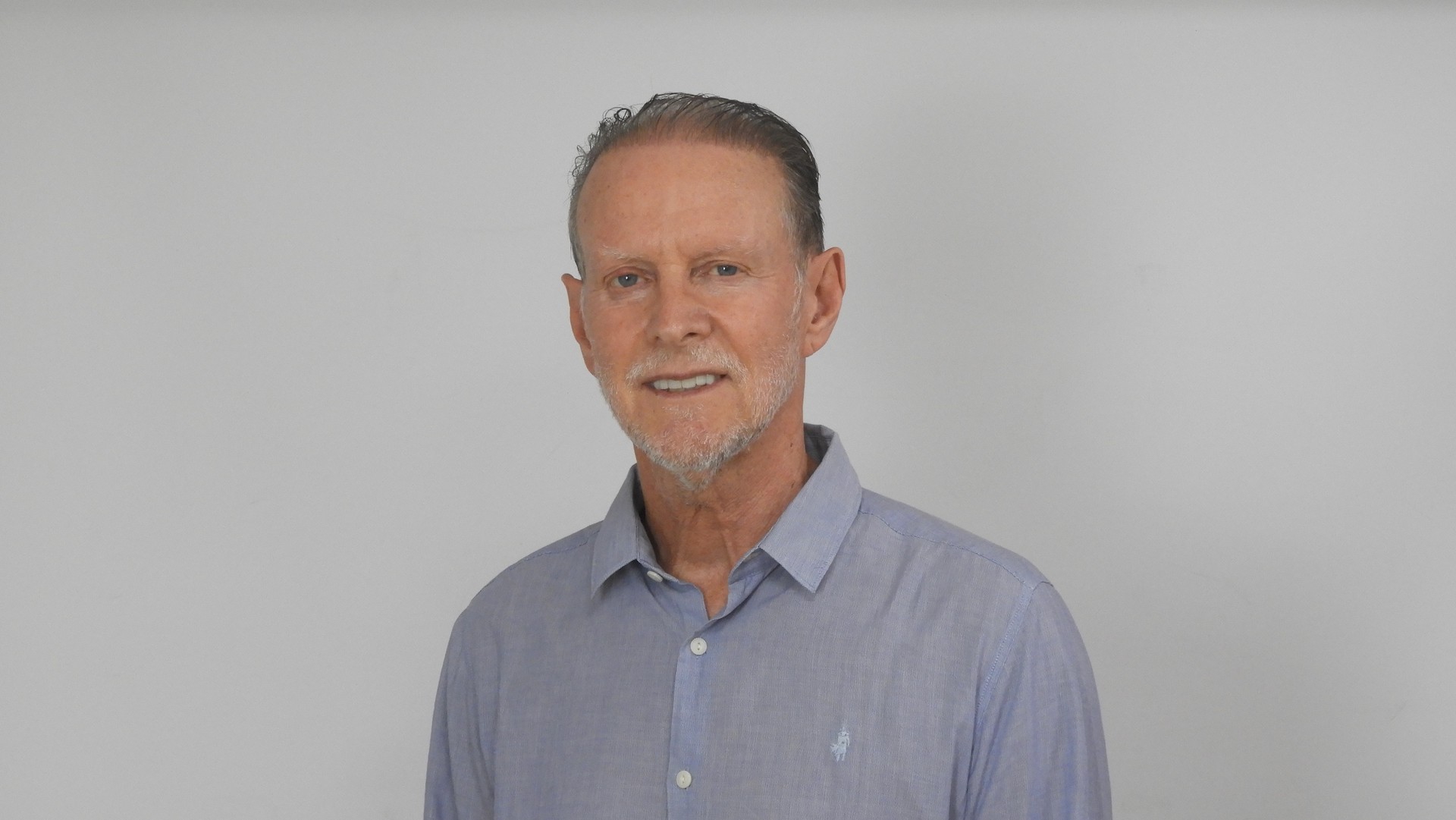Patrick Valduriez, Big Data pioneer and explorer
Date:
Changed on 14/06/2023

"I wasn't predestined for research". This may come as a surprise from an internationally-renowned scientist, co-author of over 200 articles in leading journals, supervisor of more than 50 PhD students and involved in numerous industrial transfers. But that's how it all began for Patrick Valduriez: "When I started my studies, I didn't even know that computer science research existed! I wanted to become a programmer, to be able to control complex machines. So, I enrolled at in a School of Information Technology in Lille to make a career out of it.
But the payroll and order-entry applications the young student discovered were far too simple for his taste. Thus, he went on to do a master's degree in computer science at the Institute of Programming of University Paris VI, followed by a post-graduate degree. It was here that he met Professor Georges Gardarin, an Inria team leader and great database expert. "He welcomed me in his team for my internship, then for my PhD thesis, and got me recruited by Inria in 1982. Thanks to him, I discovered the world of distributed databases, and never left it.
Titre
Verbatim
"Man's first step on the Moon, July 21, 1969! I was a teenager on a language trip in London, and there were parties in all the public parks to celebrate the event. I wondered how a spacecraft could reach such a distant destination with such precision. The following month, at summer camp, a computer-savvy instructor explained to me that programming could guide rockets into space. A revelation. I'd found my calling...".
Patrick Valduriez soon showed exceptional talent. At the age of 27, he signed (alone) his first scientific paper at the ACM SIGMOD international conference on the management of data. Two years later, he was recruited by MCC, an American research laboratory created by Control Data, HP, Motorola, NCR, Unisys and others. The goal: to counter Japan's ambitions for a fifth-generation computer project that already combined artificial intelligence, databases and multiprocessor machines. The young researcher spent five years there, before returning to Inria as Director of Research.
Patrick Valduriez's career spanned more than three decades of innovations, impactful publications, and technology transfers to industry. He successively created and led three Inria teams: Rodin in Rocquencourt in 1990, Atlas in Nantes in 2002, and Zenith in Montpellier in 2010. Over the years, the term "Big Data" covers "distributed databases". But the core of the problem remains the same: "The challenge is to maintain the apparent coherence and simplicity of data access. What has changed though is that the volume of data is exploding, coming from multiple sources, with much complexity and variety - for example, text, image, sound - and that their validity needs to be verified."
The researcher innovates to address these challenges, creating: data processing algorithms, parallel algorithms for multiprocessor computers, tools for real-time data analysis or data integration ...
He makes sure that his results get transferred to industry, to scientific partners, or in the form of open-source software. "Transfer is the natural outcome of research, its full-scale validation. It's what gives meaning to my job.”
Between 1996 and 2001, for example, Patrick Valduriez led the 50 scientists at Dyade, a strategic joint venture supported by Inria and Bull, and actively contributed to the first version of the Kelkoo price comparator. At the time, it was a revolution: in just a few seconds, the tool identified the web sites selling a product, aggregated their data and presented them in a simple way.
Another example of transfer is the CloudMdSQL data integration system to the LeanXcale company, of which Patrick Valduriez is currently Chief Scientific Officer. In a large enterprise, for example, the company's tools enable real-time analysis of information from a large variety of data sources, which are constantly changing, and rapid decision-making.
The secret to this exemplary career? I come from a modest background where the value of work is very strong, and I had the drive," he confides. What's more, I found the mentors I needed along the way: Georges Gardarin and François Bancilhon in France, David DeWitt and Jim Gray in the USA, all stars in their field. Or my colleague Tamer Özsu, from the University of Waterloo (Canada). In 1991, we wrote 'Principles of distributed database systems', the reference work on distributed databases, which has since been republished three times."
Since April 1, 2023, Patrick Valduriez has been Director of Research Emeritus, a position that enables him to contribute to Inria's work free of charge while still retired. More active than ever, he is helping to set up the research team that will succeed Zenith, and spends about half his time in Brazil, where Inria has just signed a strategic agreement with the National Laboratory for Scientific Computing (LNCC) and a network of Brazilian universities. This agreement follows on from the partnership, signed in 2020, which federates some twenty collaborative projects and 200 researchers and PhD students, in France and Brazil.
Titre
Verbatim
« Privacy protection and cybersecurity of course. And also ethical data processing with much lower energy consumption. We need to be smart enough to do much better with much less: it's a matter of ethics as much as technology. »
1993: IBM France Scientific Prize in Computer Science
2012: ACM Fellow
2014: Innovation Prize, Inria - Académie des Sciences - Dassault Systems
2020: Director of the Inria-Brasil partnership
2023: Emeritus Director of research